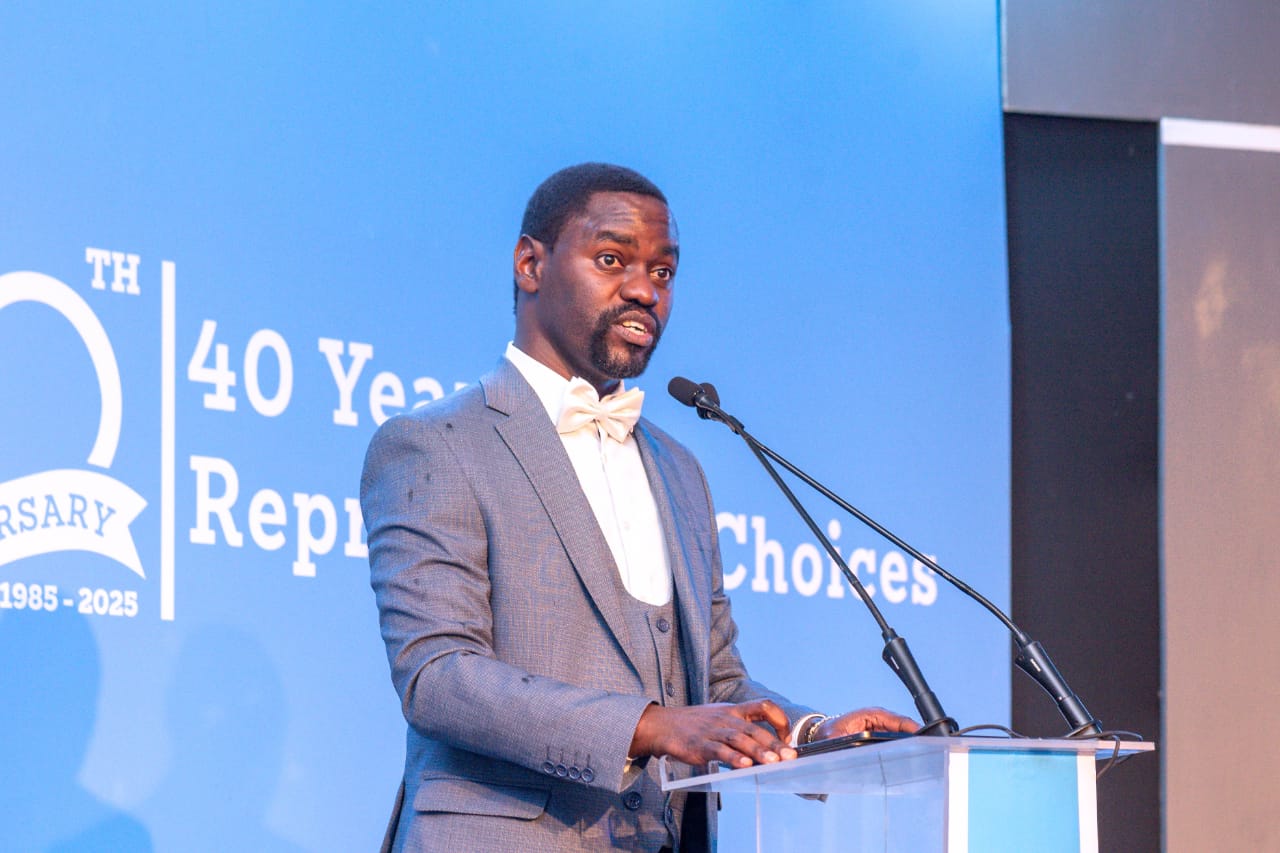
 MSI Kenya CEO Walter Obita/HANDOUT
MSI Kenya CEO Walter Obita/HANDOUTMore men are embracing vasectomy, easing the pressure of taking contraceptives from women.
Data from the Kenya Health Information System shows at least 379 men underwent vasectomy last year and 366 have undergone the procedure this year.
MSI Kenya health supervisor Sham Musyoki says this year, 111 men underwent the permanent method of family planning at MSI clinics in Nairobi county and 110 last year.
He said on Friday, during the World Vasectomy Day, about eight men underwent vasectomy at the Embakasi East medical center.
“We are attributing this sharp rise to the awareness campaigns we have been conducting in partnership with the Ministry of Health,” Musyoki said.
“Of course there are many women who are also undergoing tubal ligation, but we are happy that more men are also embracing vasectomy.”
The awareness campaigns involve demystifying myths and misconceptions associated with vasectomy and making the services more accessible to people.
MSI has also been training medics at health centres and equipping the facilities with equipment needed for the procedure.
“Through our partnership with MoH, we have had people access these services in health centres located in middle- and low-income areas within Nairobi,” he said.
“We are also intentionally involving men in family planning conversations. Previously, the burden of family planning was left on women. But with more education and awareness, men are beginning to have a better view of family planning.”
Some of the myths associated with vasectomy include the procedure affecting a person’s sexual drive or testosterone.
 Embakasi Health centre facility in charge Lydia Nderitu and MSI Kenya health supervisor strengthening Sham Musyoki
Embakasi Health centre facility in charge Lydia Nderitu and MSI Kenya health supervisor strengthening Sham MusyokiMSI's use of vasectomy champions such as WO from the Mukuru Kwa Reuben slums in Nairobi has also helped shore up the numbers.
Ouma, a father of four, says he underwent a vasectomy two years ago and has never regretted it.
He says his decision was informed by his economic status.
“We had planned to only have three children. But after my wife got pregnant with the fourth child, I decided to undergo a vasectomy,” WO says.
“My wife was first put on pills as a form of family planning and because she would forget, we decided to switch to the intrauterine device, popularly known as the coil.”
But this also caused her to bleed a lot, and it was frustrating.
“One day, after learning about vasectomy on the radio, I walked up to her and told her I would like to relieve her of the hassle of taking pills and go for a vasectomy,” WO says.
He describes the procedure as smooth and with very little pain.
“It only took seven minutes, and we even told stories with the doctors who were performing the procedure,” WO says.
MSI describes vasectomy as the most effective method of contraception.
It says the failure rate is about one man in 2,000.
The procedure involves closing tubes that carry sperm from a man’s testicles.
“Closing the tubes means there is no sperm to fertilise the woman’s egg during sex. The tubes normally deliver sperm into and from a man’s penis when he ejaculates, so preventing this process is a highly effective contraceptive method. It will not affect you or your partner’s ability to have an orgasm or your sex drive,” MSI says on its website.
WO has been campaigning for vasectomy in churches, buses and and on social media.
He has urged men to take charge of their future by undergoing vasectomy.
“There is no need of having more children than you can raise by failing to undergo the procedure. Take action now and plan for your future,” he says.














![[PHOTOS] Ole Ntutu’s son weds in stylish red-themed wedding](/_next/image?url=https%3A%2F%2Fcdn.radioafrica.digital%2Fimage%2F2025%2F11%2Ff0a5154e-67fd-4594-9d5d-6196bf96ed79.jpeg&w=3840&q=100)
